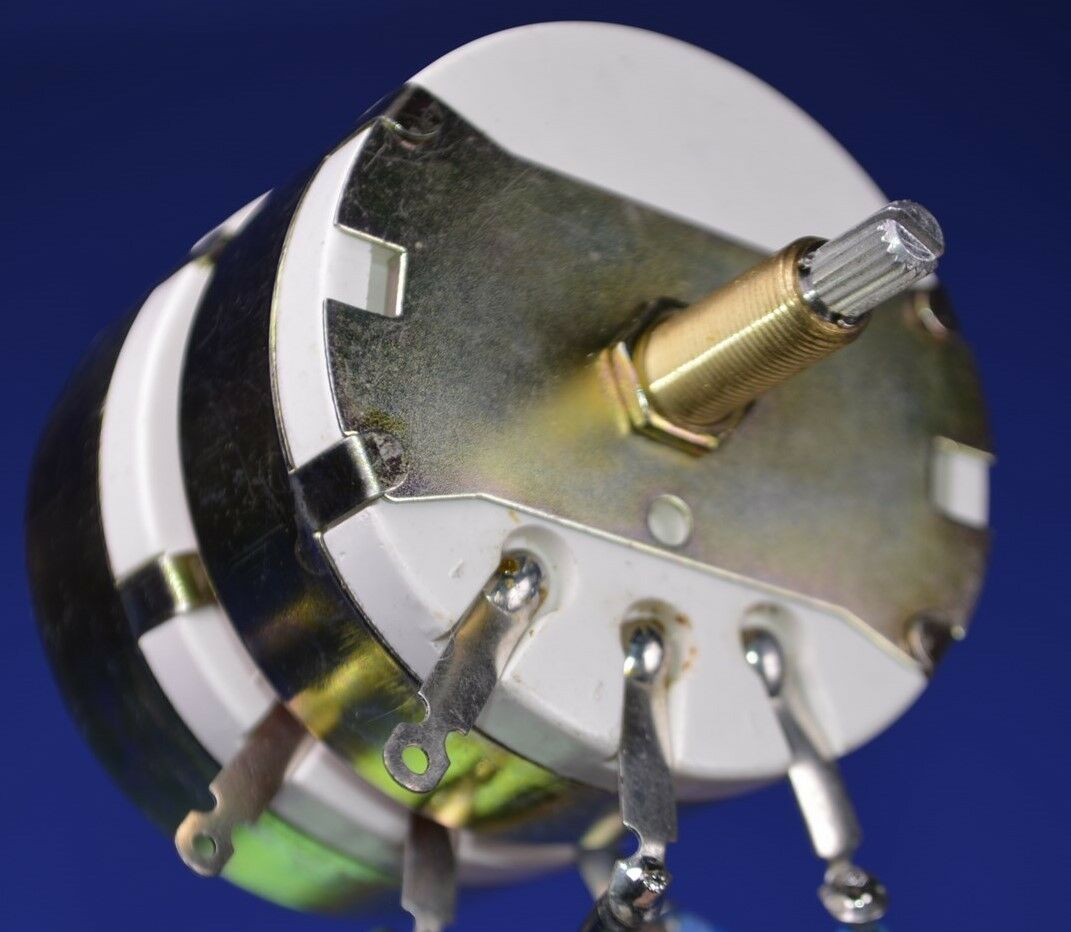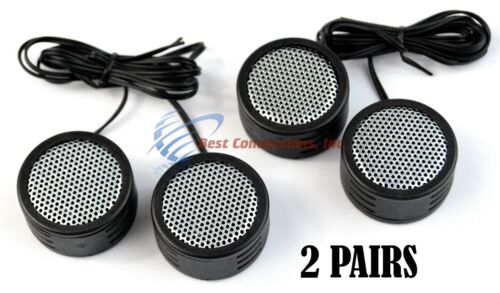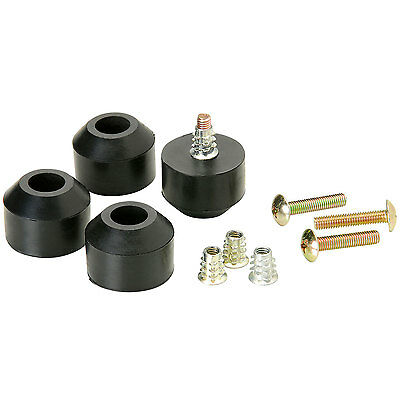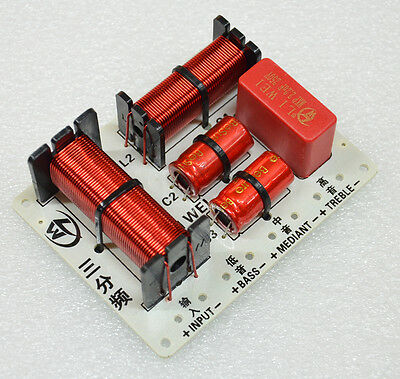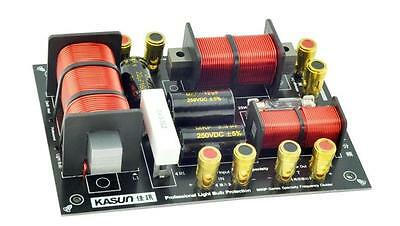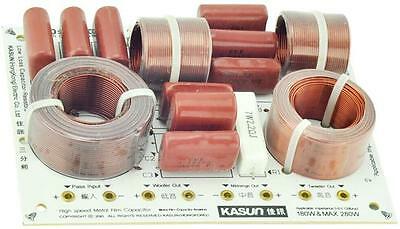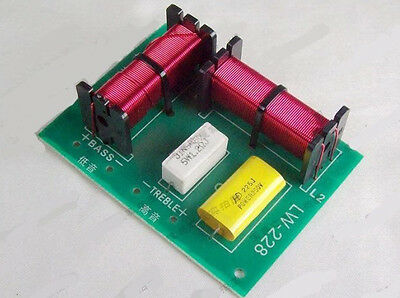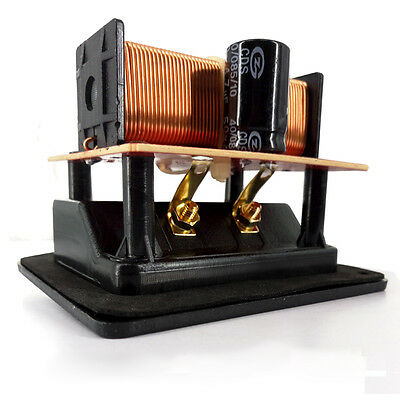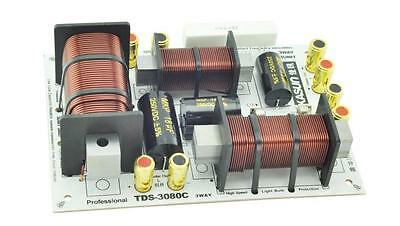-40%
James Loudspeaker Model 8X Crossover Network w/ Variable Gain Control
$ 52.77
- Description
- Size Guide
Description
James Loudspeaker Model 8X Crossover Network w/ Variable Gain ControlA Fine Crossover for the Discriminating DIY'er
This is a Brand new James Loudspeaker 8X Crossover Network w/ Variable Gain Control. Very large inductor suggests this is for a speaker that has an enormous woofer/subwoofer with a very low crossover frequency. Inductor has diameter of 64mm. Wire coil is 54mm to 80mm in diameter. 24mm thick. Wire appears to be 20Ga. By the dimensions given you should be able to calculate inductance IAW:
d²n²
L= ------- ×26
In microhenries. n=number of turns, d=diameter of wire (
†
there are 26 windings from 54mm to 80mm. Set d=57mm (0.057) then square. Then × by 26. Square n, then divide.).
18d+40l
The equation above is ideal, with d=an infinitely-thin, single turn of wire. There are 26 windings from 54mm to 80mm, so n=26, as the wire is 1mm thick.
Set d=70mm (0.07 is the average from 54mm to 80mm) then square. Square n, then multiply the result. Then multiply your result by 26,
since the equation assumes a
single
winding of infinitely-thin wire yet there are actually
26
here. Divide this number by the numerator
in the above equation.
The result will give you a very good approximation of this inductor. With capacitor values illustrated in the picture it becomes an easy task, therefore, to calculate cutoff frequency for this filter.
As you can see from the pictures, the manufacturer spares no large expense to use the finest grade capacitors (metallized PETE polymer film at 5% tolerance and a dissipation factor no greater than 1/100 of one
percent; i.e., DF<0.001 ppm, typical) and laminated, high-permeability sheet steel to the inductor cores.
We acquired our crossover networks from a local acoustic R&D company engaged in testing home and pro-audio that recently liquidated some assets. We were fortunate enough to purchase their more discriminating, esoteric audio components--including this crossover network.
Crossover is a Linkwitz–Riley with a rolloff to the fourth harmonic. The Linkwitz–Riley filter uses more components than the traditional Butterworth, but the results are outputs that are in-phase with each other between the high and the low frequency, meaning you will not need any time correction circuitry for precise time arrival of the wavefronts of both. And since time arrival is in phase between tweeter and woofer outputs, the resulting soundstage and stereo imaging provided by this crossover filter is presented as accurately to your ears as the theoretical limit will allow.
We’re e-liquidators.
We specialize in Military, Government, Industrial and Business liquidation services, disposition and asset recovery management.
Our surplus inventory comes to us from many sources, big and small: corporate clients, closing businesses, military DRMO’s, and local government agencies, and individuals.
Feel free to contact us with your questions, concerns and suggestions.
Contact information
:
We are "
E-liquidators
" on Facebook
“
E-liquidators
” for additional information
Please take a moment to see our current specials on eBay
our other eBay listings
.
Powered by SixBit's eCommerce Solution


